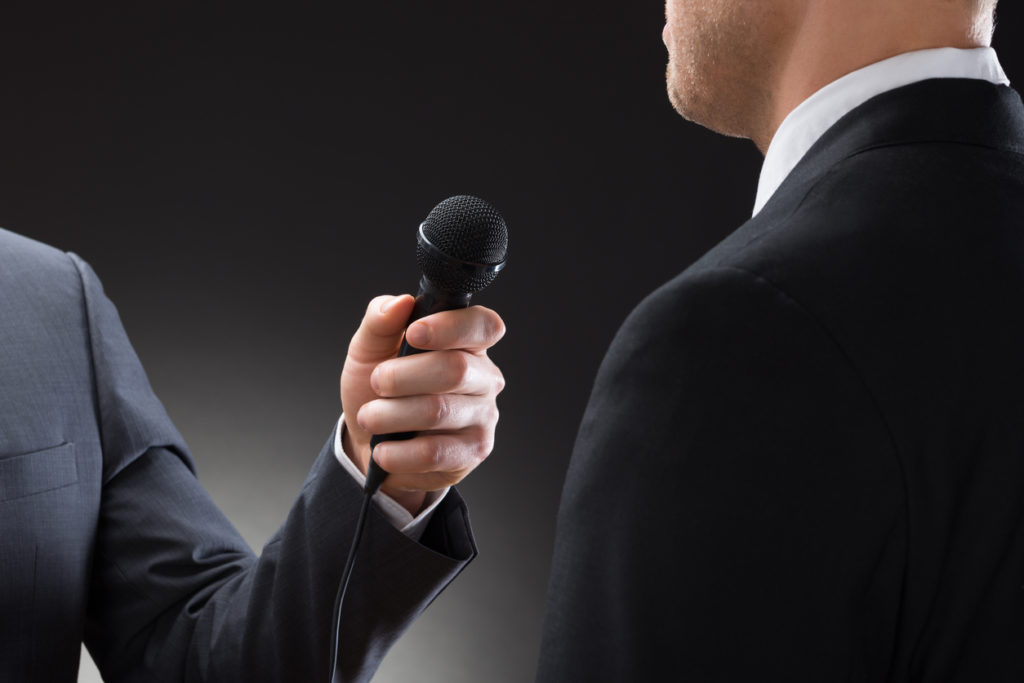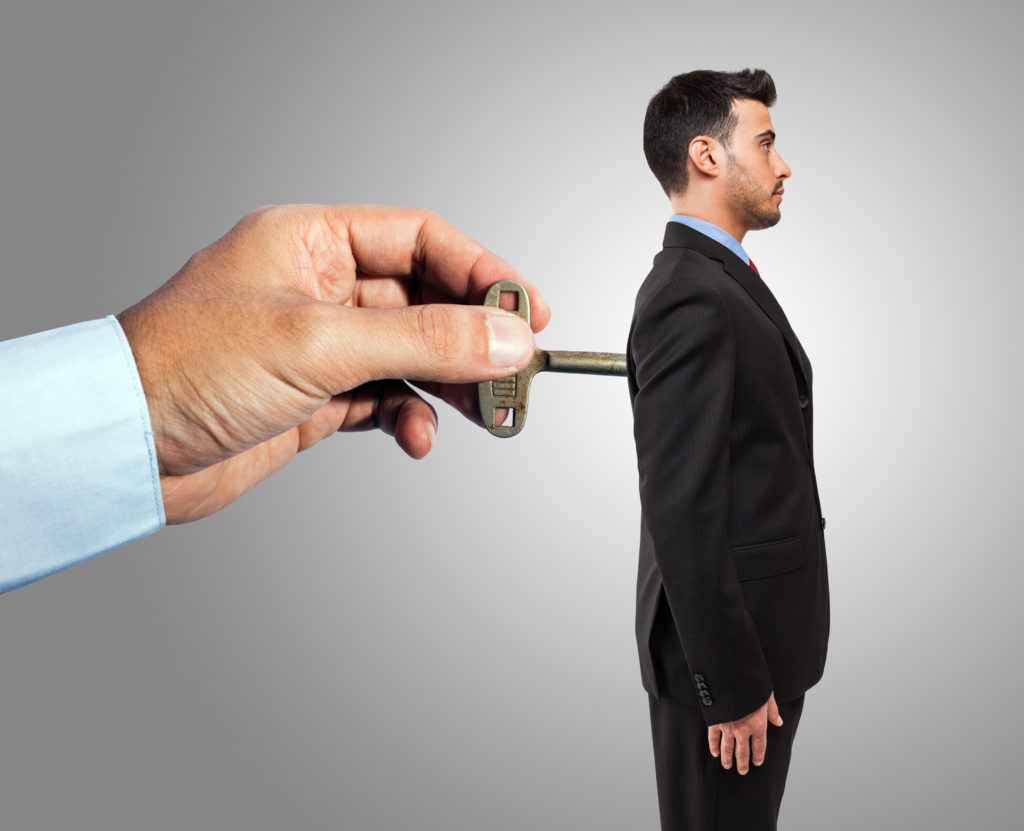Rodney King And The Birth Of Citizen Journalism
Just past midnight on March 3, 1991, a Los Angeles man named George Holliday was awoken by police sirens.
Curious about the noise, Holliday grabbed his “clunky Sony Handycam” and stepped out on his balcony, according to the Los Angeles Times. The nine minutes of videotape he proceeded to capture that night changed the world.
He recorded the indelible images of white police officers beating an unarmed black motorist named Rodney King. According to Wikipedia, Holliday “contacted the police about a videotape of the incident but was dismissed. He then went to KTLA television with his videotape.”
The video, which aired thousands of times, spawned deep anger inside L.A.’s black neighborhoods. Local residents watched the resulting criminal case against the four white LAPD officers closely. On April 29, 1992, the four officers were acquitted of assault, sparking a week of rioting in Los Angeles that resulted in 53 deaths and more than 2,300 injuries.
Rodney King died yesterday at 47.
I was a college freshman when the beating occurred and remember how shocked we were not only by the brutal beating, but by how one random man’s videotape was responsible for the world learning about the story.
It’s difficult today to remember a time when every citizen wasn’t armed with a smartphone containing a built-in video camera. Holliday largely ushered in an era of citizen journalism in which everyday people armed with video cameras perform the functions once performed solely by “professional” reporters. (Yes, Abraham Zapruder’s famous tape of John F. Kennedy’s 1963 assassination could also be considered citizen journalism, but cameras then were mostly purchased by hobbyists, not the broader public).
Today, we’re well aware that anyone with a camera can suddenly become a journalist. It’s common to see citizen journalists provide the first bloody pictures of national revolution, broadcast the first images from a school shooting, or conduct an ambush interview with a politician.
The legacy of citizen journalism that Holliday’s video helped leave behind is mixed. On the plus side, it allows ordinary people to expose bad behavior or share images the world would otherwise never see. On the downside, it complicates communications for people who would otherwise be able to communicate more freely.
As an example, the number one question I hear from executives today about social media is this: “How can I prevent employees from secretly recording staff meetings and uploading the audio or video to YouTube?”
The answer, in short, is that they can’t.
Like our blog? Don’t go yet! Please like us on Facebook here and follow us on Twitter here.




So sad. I remember that beating ( I was a junior in college, and like you, it was the topic of discussion for quite a while). What was even worse were the awful events that followed the trial. 60 Minutes recently tracked down the two brothers who videotaped the infamous Reginald Denny beating, chronicling their lives after that fateful moment. Those citizen journalists faced a truck load more repercussions (physical, often) than the citizen journalist of today.
What I think is almost as profound as that era of citizen journalism being ushered in is the fact that Rodney King’s words “why can’t we all just get along” have become the poster child for both parody and complete seriousness in a world of discord.
Geez, Brad, you and Erica are making me feel really old as I was eight years into my first career when this happened.
This is a great discussion topic on the role of the citizen journalist who faithfully captures history as it unfolds and shines an honest light on a news event. We’ve see a number of instances since the King incident where the citizen journalist and trusty video recorder has captured and given the world insights to real-time news — usually scooping those paid to find the news.
While some of professional journalists would argue the point of calling these folks “journalists,” I can’t think of anything more accurate since they found and provided news. With YouTube and other video sharing sites — and increasing use of mobile video — we should expect this to continue to grow.
And one would hope that it would be going farther to improve transparency and accountability, but I suppose that’s still down the road. I, personally, am still waiting for “everyone to get along.”